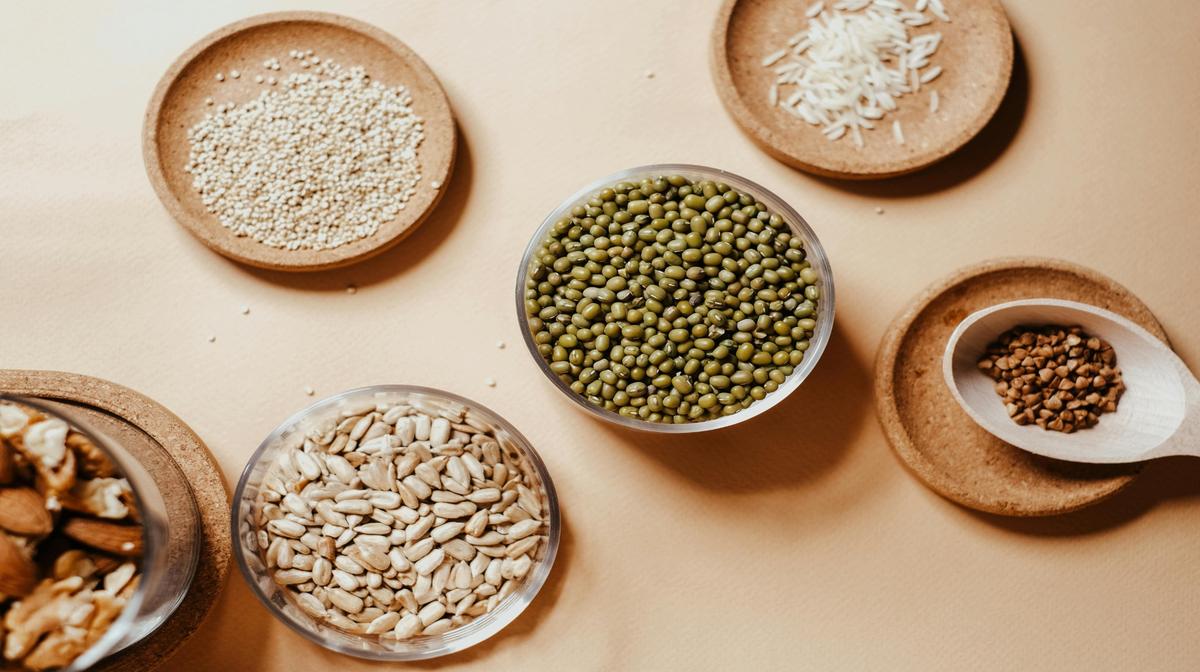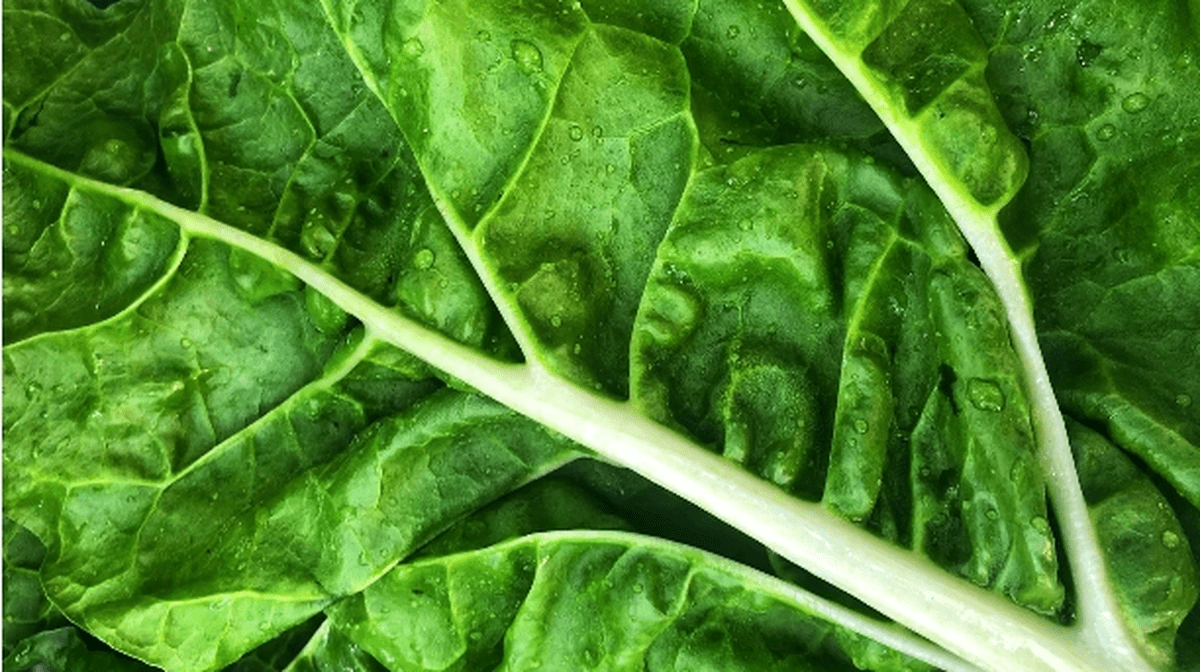
Can you get enough protein on a vegan diet?
Curious about the health benefits of phytonutrients from vibrant purple and blue fruit and vegetables? When it comes to eating a healthy diet, there’s no reason why it can’t also look appetising. In fact, making your plate as vibrant and pleasing to the eye as possible is one major way to boost your intake of […]

Eating the rainbow – what are the benefits of green plant foods?
Curious about the health benefits of phytonutrients from rich green fruits, vegetables, herbs and spices? When it comes to eating a healthy diet, there’s no reason why it can’t also look appetising. In fact, making your plate as vibrant and pleasing to the eye as possible is one major way to boost your intake of […]

Eating the rainbow – what are the benefits of yellow and orange plant foods?
Curious about the health benefits of phytonutrients from bright and beautiful yellow and orange fruits, vegetables and spices? When it comes to eating a healthy diet, there’s no reason why it can’t also look appetising. In fact, making your plate as vibrant and pleasing to the eye as possible is one major way to boost […]

Unlocking the secrets to incredible health: The four pillars of health you need to know
If you’re overwhelmed by conflicting health advice or trying to narrow down your health goals, then focusing on these four key areas will help you get your health on track and feel your best. What are your goals when it comes to health? Perhaps you’re trying to lose weight, reduce inflammation, improve energy, prevent illness […]